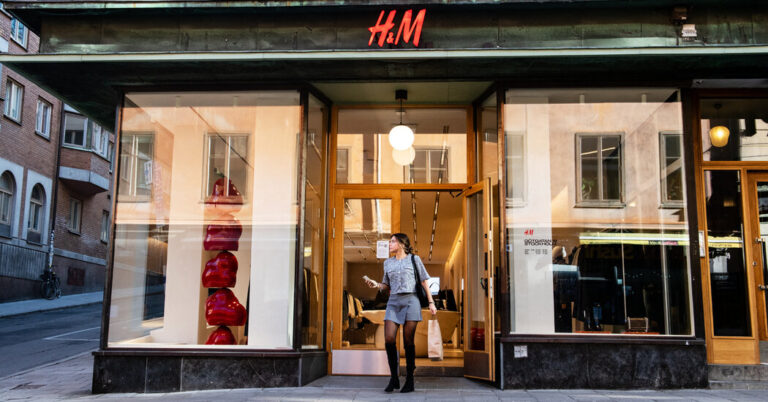Jet engines are one of the most jaw-dropping feats of engineering humans have ever come up with. But jet engines shouldn’t be possible, says Ben Beake, director of materials research at Micro Materials, an equipment testing company in Wales. “The air coming in is hotter than the melting point of the metal underneath – which is obviously not a good thing,” he explains, pointing out that this air reaches temperatures well above 1,000C.
Designers of jet engines have got around this problem by applying heat-resistant ceramic coatings to the engine blades. And now, researchers are developing yet stronger coatings that allow the engines to run hotter still. “If you get it to go hotter, then there’s a massive saving on fuel and CO2,” says Dr Beake. By increasing the temperature by just 30C or so, you might get an 8% fuel saving, he estimates.
This is the power of coatings – they radically transform the functionality and capabilities of an underlying material. Few people realise how important they are, but these overlays and veneers can supercharge high-performance machines, or ensure that expensive equipment survives the harshest of environments.
Prof Varanasi has been working on super-slippery coatings. Tests of one such coating in an experiment carried out on board the International Space Station found that it worked as intended. The idea behind the coating is to mix together a solid material and a lubricant. This is then sprayed onto the interior of a pipe or tube, which makes that inner surface extremely slippery.
Slipperiness is, perhaps, an underappreciated attribute. Nuria Espallargas at the Norwegian University of Science and Technology and colleagues have developed a silicon carbide-based coating for equipment used in aluminium manufacturing or repair. It is a sort of non-stick frying pan solution, meaning that layers of molten aluminium do not get stuck on this expensive equipment. The precise functioning of this particular coating is currently something of a mystery, though.
Nonetheless, the coating is available commercially through her spin-out company Seram Coatings. Atlas Machine and Supply, a US firm that makes and repairs industrial machinery, has tried it out. “The real benefit lies in extending the life of the tools and improving the quality of the products being produced,” says Jeremy Rydberg, chief innovation officer.
He says that, without the coating, Atlas must rebuild the roller tools it uses to work aluminium every two days. This costs $4.5m annually. But the new coating means that these tools last for a whole week, not just a couple of days, slashing those rebuild costs to around $1.3m per year.
Source link




